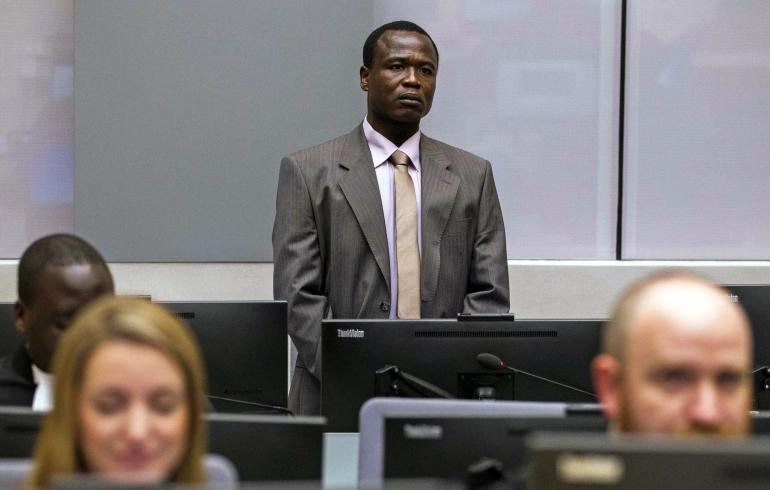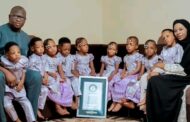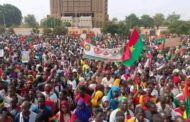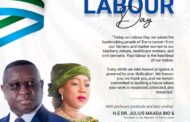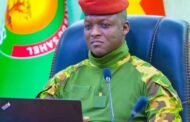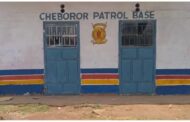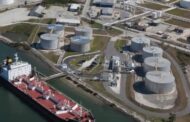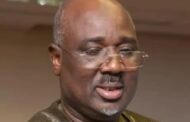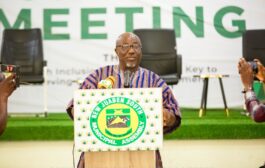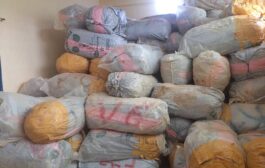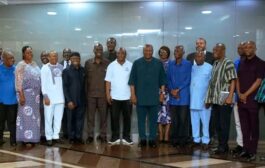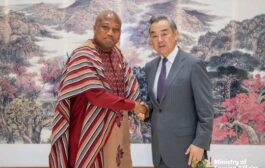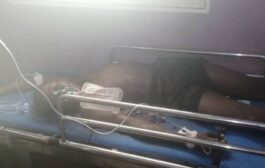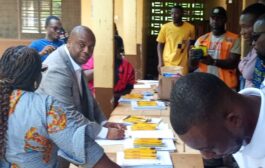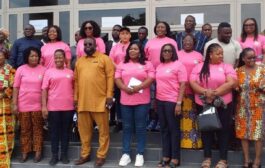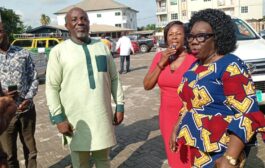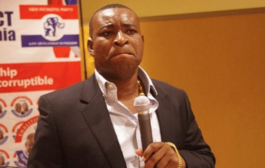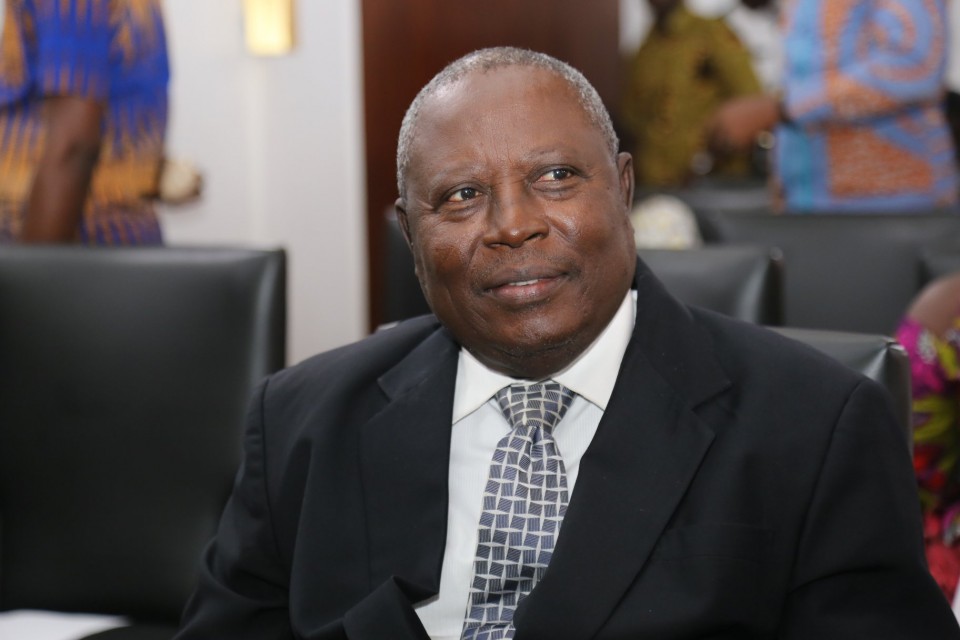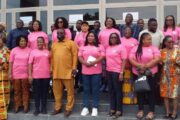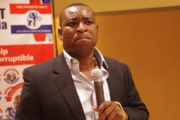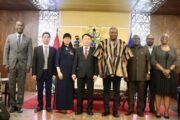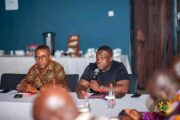Ex-Ugandan rebel commander Dominic Ongwen has been convicted of war crimes at the International Criminal Court.
Mr Ongwen, a feared commander of the Lord’s Resistance Army (LRA), is the first member of the LRA to appear before the court.
He faced 70 counts of crimes against humanity and war crimes, but was acquitted on some of them.
The charges all relate to an attack on a camp for internally displaced people in Uganda in 2004.
This case presented a dilemma to the court as he appeared to be both the victim and the alleged perpetrator.
He said he was abducted by the LRA and forced to be a child soldier, before going on to rise up the ranks to become the deputy to LRA commander Joseph Kony.
The ICC issued a warrant for his arrest in 2005 and US and African forces had been searching for him since 2011.
In 2014 he gave himself up in the Central African Republic (CAR) and his three-and-a-half year trial in the Hague ended in March.
His lawyers had asked for his acquittal and are quoted by Reuters news agency as saying in the closing argument “When Ongwen was abducted he had no option, he was made a slave. That slavery continued until he left the bush.”
But prosecutors reportedly insisted he was an adult at the time of the alleged offences so cannot be excused of responsibility.
Who is Dominic Ongwen?
Said to have been abducted by LRA, aged 10, as he walked to school in northern Uganda
Rose to become a top commander
Accused of crimes against humanity, including enslavement
ICC issued arrest warrant in 2005
US offered $5m (£3.3m) reward for information leading to his arrest in 2013
Who are the LRA?
The LRA was formed in Uganda where it said its goal was to install a government based on the biblical 10 commandments.
Led by Joseph Kony, it became notorious for abducting thousands of children to use as soldiers or sex slaves.
From the 1990s, LRA attacks became infamous. Rebel fighters would hack off their victims’ limbs or parts of their faces.
In 2005, the LRA was forced out of Uganda by the army and the rebels went into what was is now South Sudan and eventually set up camp in the border area with the Democratic Republic of Congo.
They later moved to CAR where they acted more like a criminal outfit engaging in poaching and illegal mining.
Source: BBC



